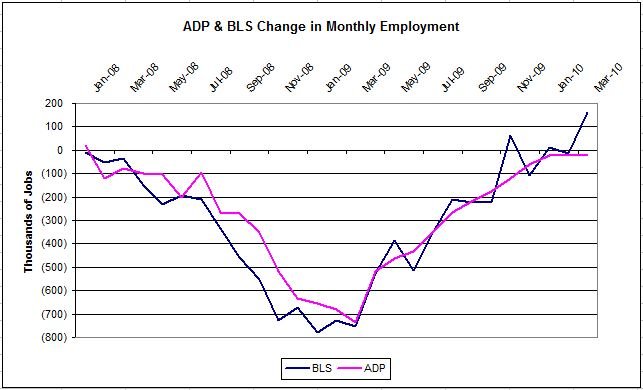ESRwannabe
Full time employment: Posting here.
- Joined
- Mar 19, 2010
- Messages
- 889
This is the kind of article I like to read:
yes it's a v shaped recovery risk of double dip "relatively low" liz ann sonders says: Tech Ticker, Yahoo! Finance
I will say that hitting a new high just recently in my portfolio has made me feel a lot better. My city never slowed down much due to a large military base here and now that the weather is nice again, the stores/restaurants are packed. I'm hopeful that this recovery is real and unemployment will start going down.
yes it's a v shaped recovery risk of double dip "relatively low" liz ann sonders says: Tech Ticker, Yahoo! Finance
I will say that hitting a new high just recently in my portfolio has made me feel a lot better. My city never slowed down much due to a large military base here and now that the weather is nice again, the stores/restaurants are packed. I'm hopeful that this recovery is real and unemployment will start going down.

 ...
...
